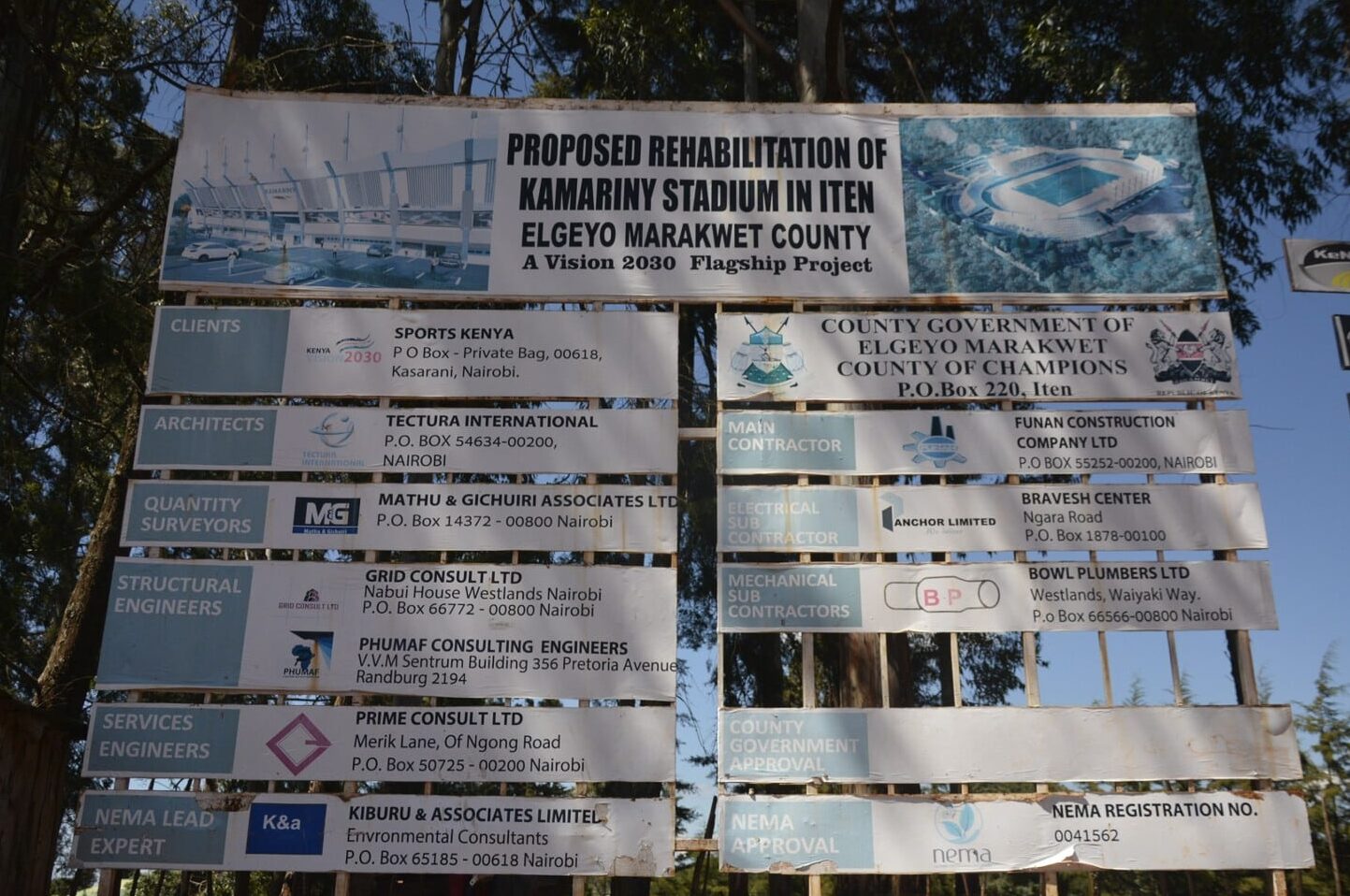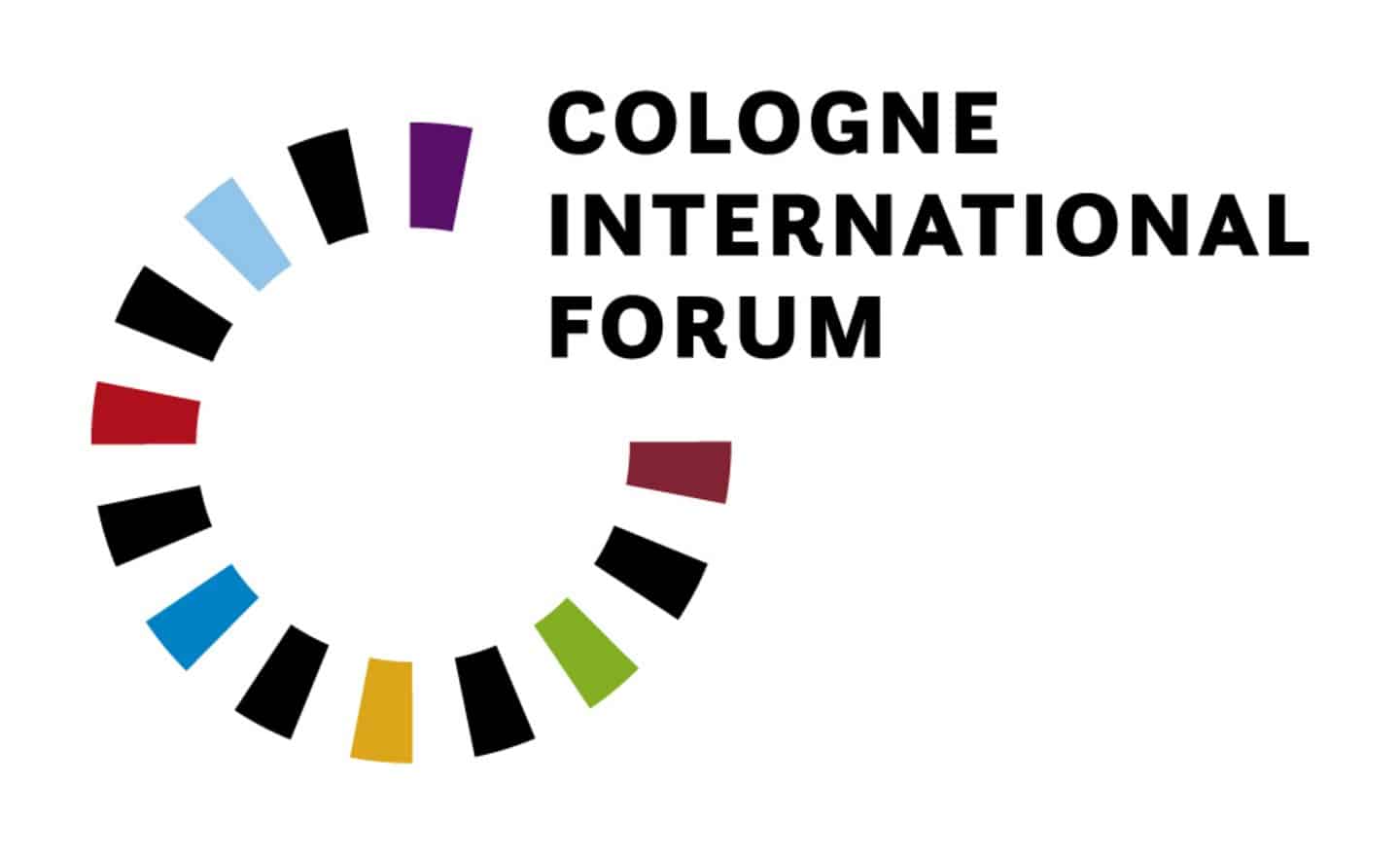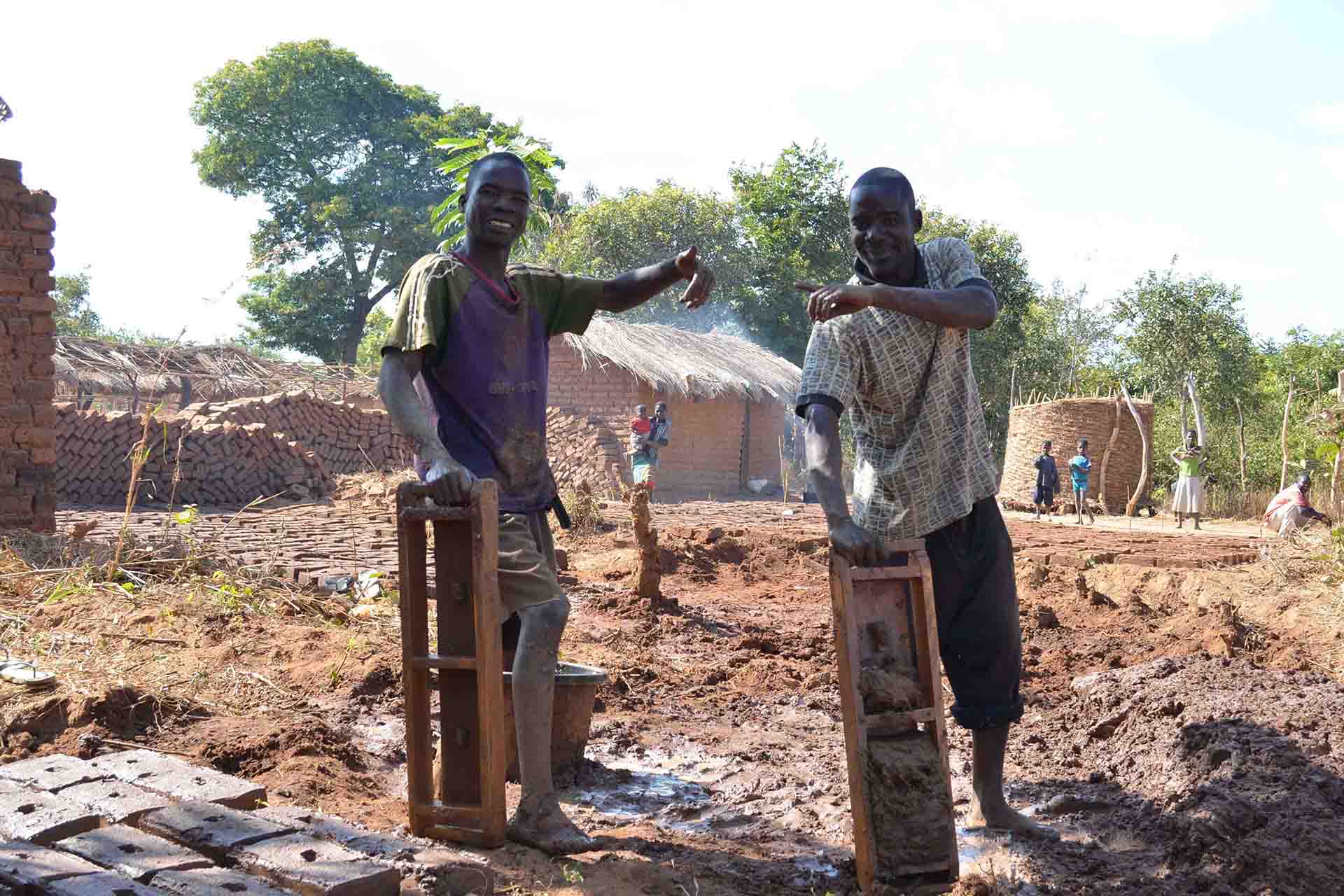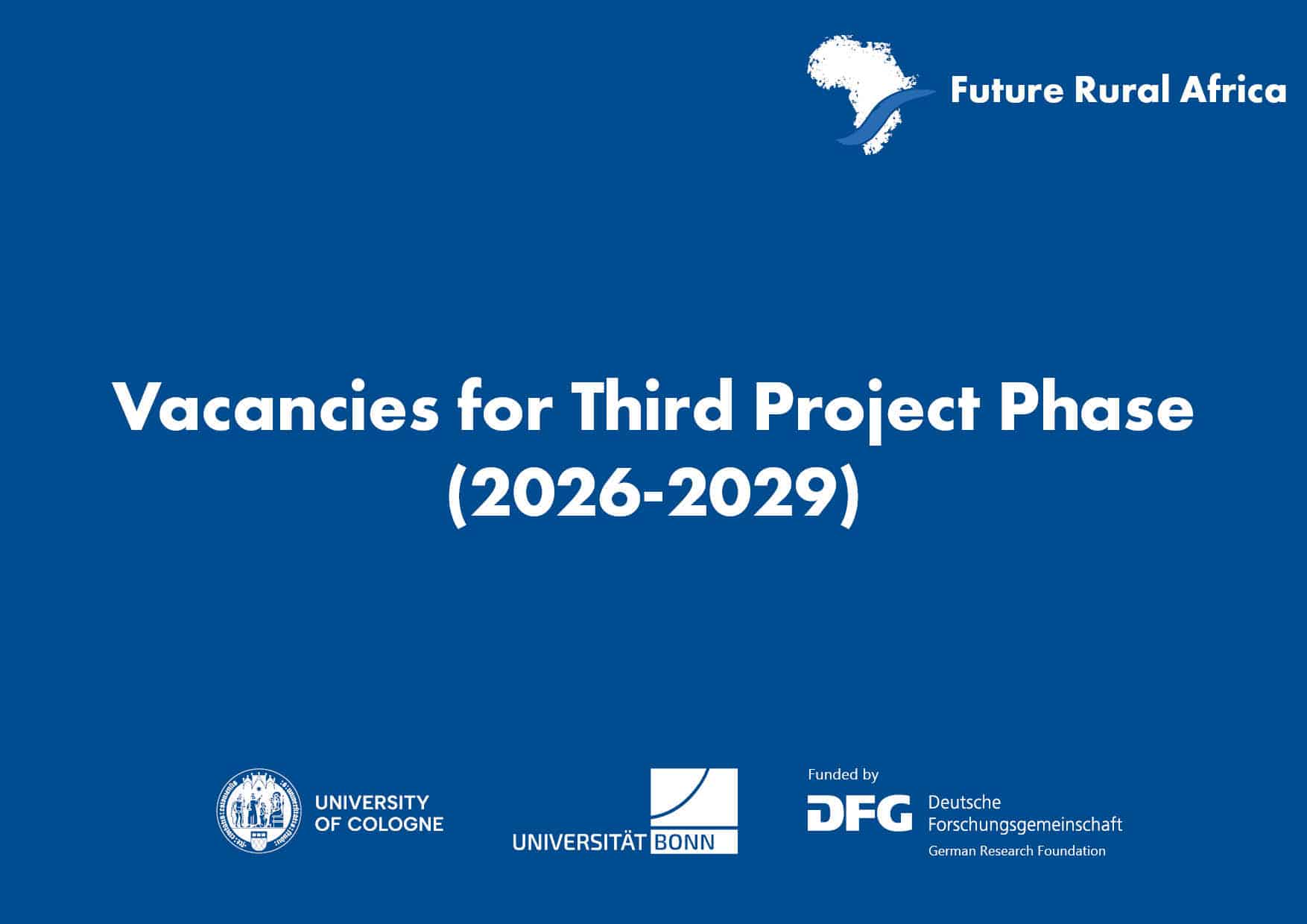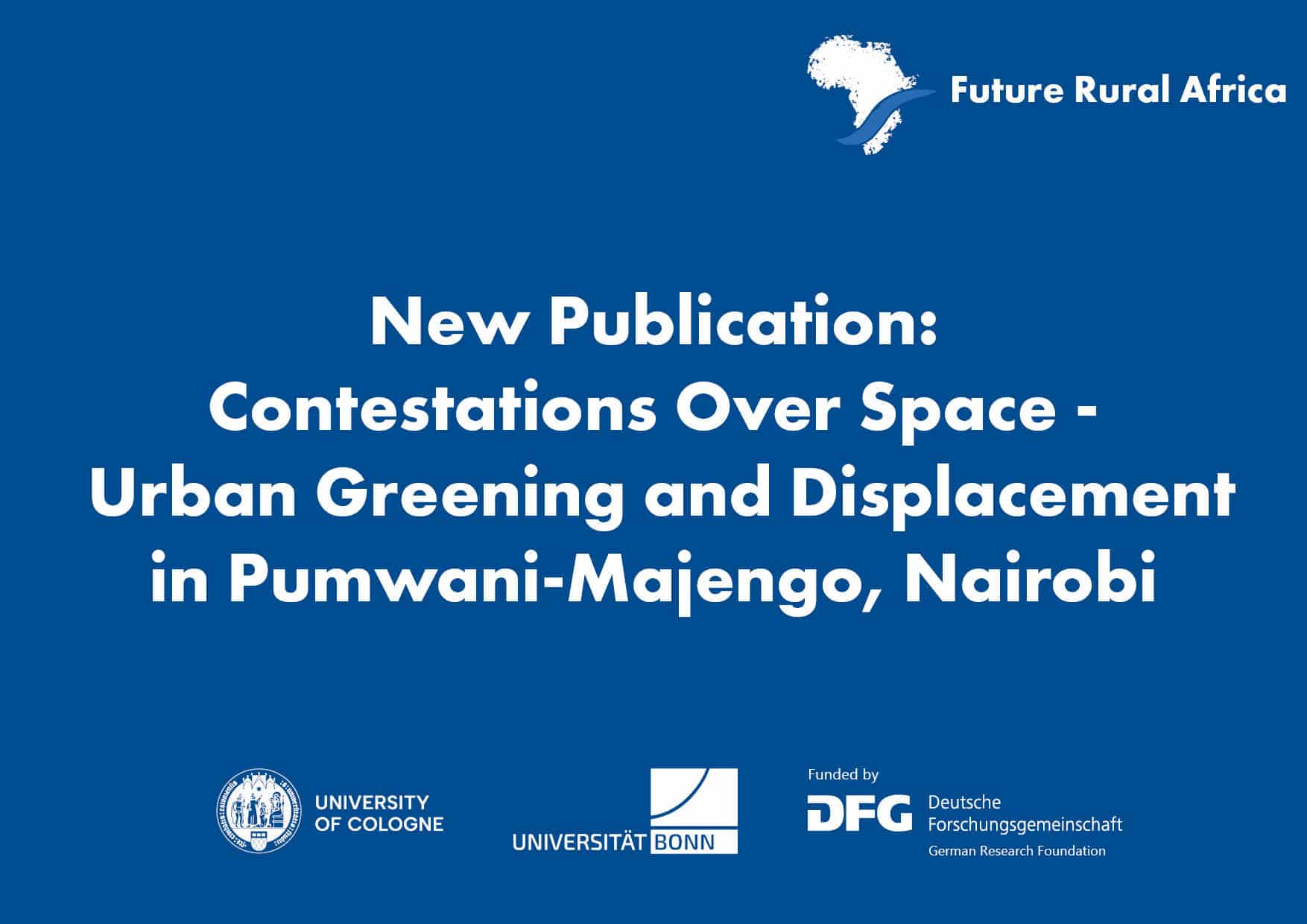In this new publication, Clemens Greiner, Britta Klagge, Samuel Owuor (Project C02 Energy Futures) alognside Cynthia Wamukota and Isaiah Nyandega examine the unintended socio-economic impacts of large-scale renewable energy projects in Kenya, using the Menengai geothermal project as a case study. While such projects are part of Kenya’s broader Vision 2030 development agenda and aim to expand access to clean energy, the paper highlights how they can also lead to unexpected changes in population dynamics, land ownership, settlement patterns, and land use. The authors argue that these side effects—though not directly related to the energy production itself—can significantly affect food security and local economies, and should be considered more carefully in future planning and research.
Unintended socio-economic transformations associated with large-scale renewable energy projects: the case of Menengai Geothermal Project in Kenya
By Samuel Owuor, Cynthia Wamukota, Britta Klagge, Clemens Greiner & Isaiah Nyandega
Abstract
The transition to renewable energy solutions is rapidly becoming a necessity in the face of climate change. In Kenya, large-scale renewable energy infrastructures are mainly driven by Kenya Vision 2030 agenda that intends to transform Kenya into a newly industrializing, middle-income country and to achieve universal access to electricity. Subsequently, the Kenyan energy sector has developed very dramatically in recent years with a shift from hydro and diesel to geothermal and wind energy, thereby making the country a renewable energy pioneer in sub-Saharan Africa. Existing literature have documented the direct positive and negative impacts of large-scale renewable energy projects. However, little is known about the unintended consequences of large-scale renewable energy projects. Based on a study of Menengai geothermal project in Kenya, this paper highlights unintended changes linked to large-scale renewable energy projects. Specifically, these are changes related to population dynamics and settlement patterns, land ownership and prices, and additional business and employment which are not directly related to the project. The paper also highlights land use and land cover changes and their (potential) impact on food production and security. The paper argues that although low-carbon energy transitions in sub-Saharan Africa are economically and environmentally motivated, they can be associated with unintended, but profound socio-economic transformations which deserve more attention in both planning and research.
Reference
Owuor, S., Wamukota, C., Klagge, B., Greiner, C., Nyandega, I. 2025. Unintended Socio-Economic Transformations Associated with Large-Scale Renewable Energy Projects: The Case of Menengai Geothermal Development in Kenya. Review of Regional Research, 2025. DOI


